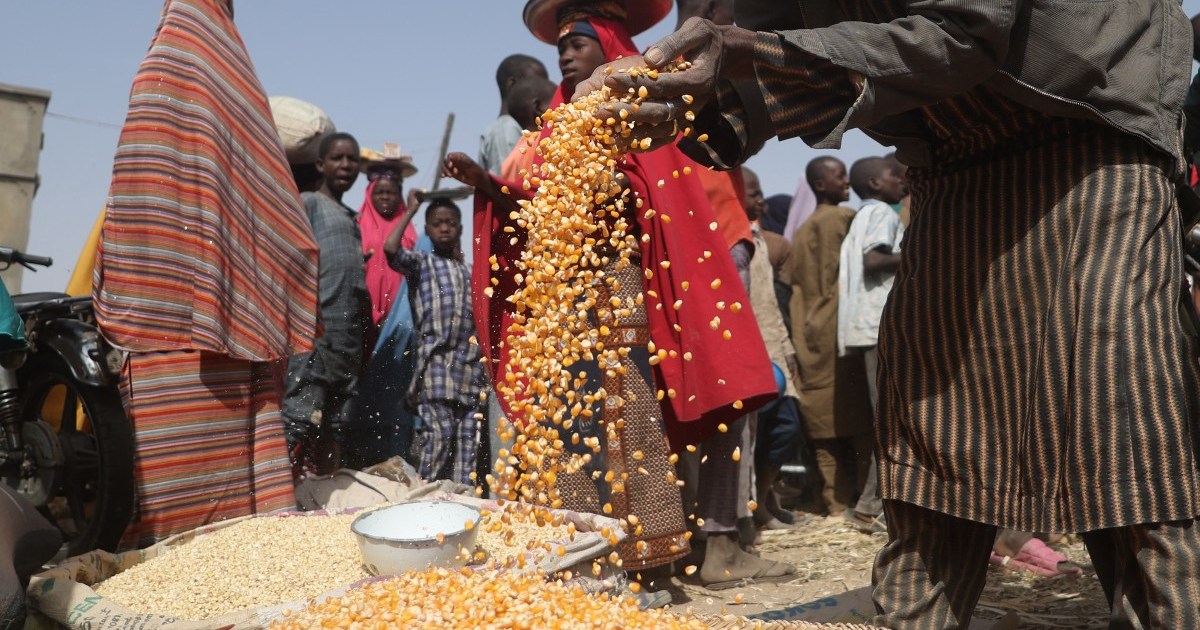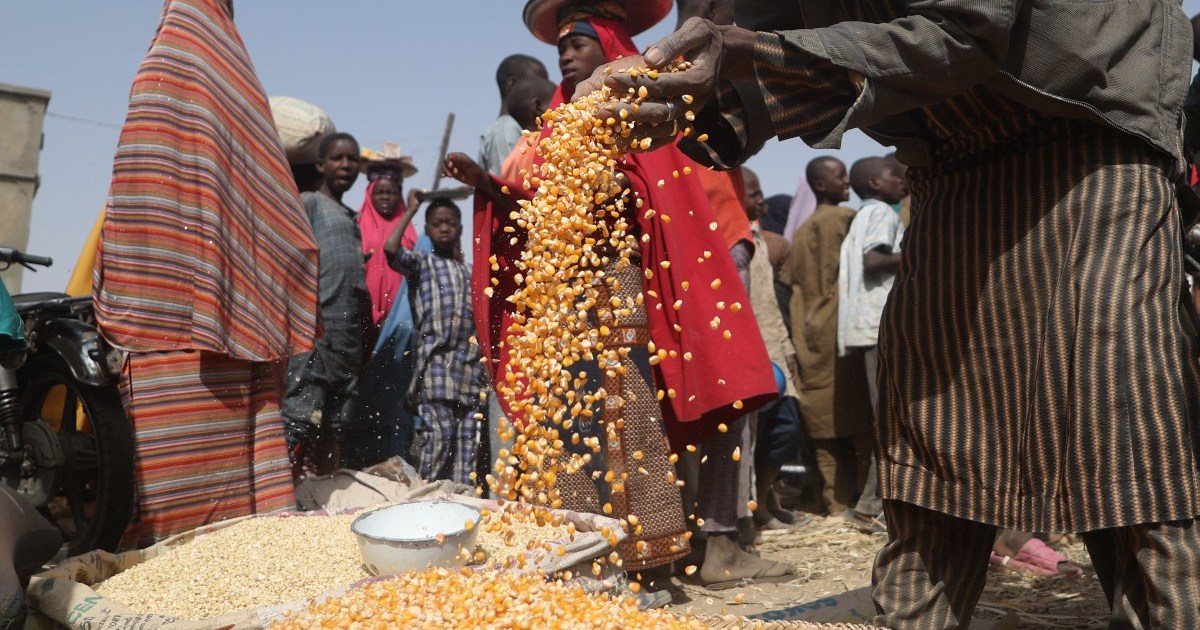
UN agencies say double-digit inflation and stagnating local production are major drivers of the hunger crisis.
Nearly 55 million people will struggle to feed themselves in the coming months in West and Central Africa as soaring prices have fuelled a food crisis, United Nations agencies have warned.
In a joint statement on Friday, the World Food Programme (WFP), the UN children’s agency UNICEF, and the Food and Agriculture Organization (FAO) said that the number facing hunger during the June-August lean season had quadrupled over the last five years.
It said economic challenges such as double-digit inflation and stagnating local production had become major drivers of the crisis, beyond recurrent conflicts in the region.
And it noted that Nigeria, Ghana, Sierra Leone, and Mali would be among the worst affected.
The UN agencies said the prices of major staple grains had continued to rise across the region from 10 percent to more than 100 percent compared with the five-year average.
The situation was particularly worrying in northern Mali, where some 2,600 people are likely to experience catastrophic hunger, it added.
“The time to act is now. We need all partners to step up … to prevent the situation from getting out of control,” said Margot Vandervelden, WFP’s acting regional director for West Africa.
“We need to invest more in resilience-building and longer-term solutions for the future of West Africa,” she added.
Malnourished children
Food shortages have also resulted in “alarmingly high” levels of malnutrition, with children badly affected.
The agencies said eight out of 10 children aged between six and 23 months do not consume the minimum amount of food required for optimal growth and development.
It also said some 16.7 million children under the age of five are acutely malnourished and more than two out of three households are unable to afford healthy diets.
“For children in the region to reach their full potential, we need to ensure that each girl and boy receives good nutrition and care, lives in a healthy and safe environment, and is given the right learning opportunities,” said UNICEF Regional Director Gilles Fagninou.
“To make a lasting difference in children’s lives, we need to consider the situation of the child as a whole and strengthen education, health, water and sanitation, food, and social protection systems,” he added.
The region’s heavy dependence on food imports has tightened the squeeze, particularly for countries battling high inflation such as Ghana, Nigeria, and Sierra Leone.
Policies should be introduced to boost and diversify local food production “to respond to the unprecedented food and nutrition insecurity”, said Robert Guei, the FAO’s Sub-regional Coordinator for West Africa.
Read More: World News | Entertainment News | Celeb News
Al Jazeera









